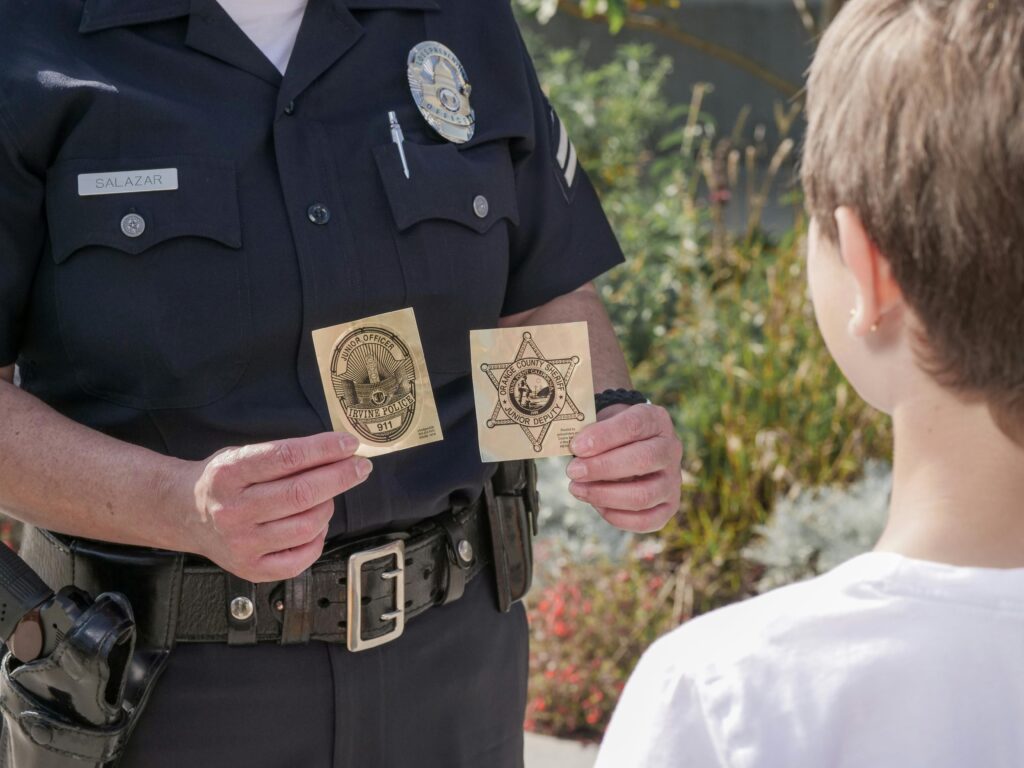
Can you change a child’s surname?
If the parents of a child are married, both parents have the power and duty to register a birth and give the child a name. If they are not married, only the mother has the power and duty to do so. It is therefore easy to see how issues can arise during the birth registration process. Issues can also arise several years later. For example, the parents of a child who was given the father’s surname, might separate and the mother now wants their child to be known by her surname (or the surname to be double barrelled). Equally, there are fathers who were not consulted and who would like the child’s surname to be changed.
To change a child’s name, you need either the agreement of all persons with parental responsibility or a Specific Issue Order. Applications are made under s.8 Children Act 1989 and must address any relevant welfare concerns under section 1 of the Children Act 1989 (the “welfare checklist”).
By agreement
If the parents are agreed, the government has recently updated the forms that need to be completed to change the child’s name by deed poll. You can access the relevant forms here.
You can change any part of the child’s name, add or remove hyphens and change the spelling. You cannot change their title (e.g. Master or Miss) and you cannot change any capitalisations of the letters in their name. You must complete forms LOC022, LOC023, LOC024 and LOC026. The cost is £49.32.
If the child is adopted, you can change the child’s name during the adoption process.
If there is no agreement

The parent who wants to change the child’s name, must issue an application for a Specific Issue Order.
A legal case in 1999 set out the background and framework for judges to consider when deciding whether a child’s name should be changed. These are:
(a) If parents are married, they both have the power and the duty to register their child’s names.
(b) If they are not married, the mother has the sole duty and power to do so.
(c) After registration of the child’s names, the grant of a residence order (now known as a ‘lives with order’) means any person wishing to change the surname must obtain the permission of the court or the written consent of all those who have parental responsibility for the child.
(d) In the absence of a Lives with Order, the person wishing to change the surname from the registered name should obtain the relevant written consent or the permissionof the court by making an application for a Specific Issue Order.
(e) The welfare of the child is paramount and the judge must have regard to the s 1(3) [of the Children Act 189] criteria [the welfare checklist].
(f) The factors which the court should consider are the registered surname of the child and the reasons for the registration e.g. recognition of the biological link with the child’s father. Registration is always a relevant and an important consideration, but it is not the only thing the court will consider. Other relevant factors will be considered.
(g) Factors to consider includes factors which may arise in the future as well as currently.
(h) Changing the child’s surname because it is not the same as the parent making the application to change it will not usual be successful.
(i) The reasons for an earlier one-sided decision to change a child’s name may be relevant.
(j) Any changes of circumstances of the child since the original registration may be relevant.
(k) In the case of a child whose parents were married to each other, the fact of the marriage is important. There would have to be strong reasons to change the name from the father’s surname if the child was registered with his surname.
(l) If the parents were not married, the mother has control over registration. Therefore, the degree of commitment from the father to the child, the quality of contact (if it occurs) between father and child, the existence or absence of parental responsibility are all relevant factors to take into account by the court.

Each case will be decided on its own facts and the ‘welfare checklist’ will be the court’s main consideration. Unless there are special circumstances, the courts are in support of the idea that a child’s name should reflect both their maternal and paternal heritage. In a 2002 legal case, the judge said that a child’s surname is of ‘particular significance’ because it ‘denotes the family to which the child belongs’. In another case in 2001, the judge said, “…parents and courts should be much more prepared to contemplate the use of both surnames in an appropriate case, because that is to recognise the importance of both parents”. There have, of course, been many more cases since these in the early two thousands, but these general principles continue to be applied by the courts now and we are unlikely to see a change in this trend.
In Practice
Whilst case law favours the recognition of both parents when deciding on a child’s surname, this will not be appropriate in every case and certainly it will be easier to change a younger child’s name than a child who has more awareness and understanding of their name and its significance. The overall outcome will depend on which judge (or magistrate) is hearing the case and, of course, the specific circumstances of each case. It is therefore very difficult to advise clients on the likely outcome. The expense and uncertainty are inevitably off-putting, but it is the only way to change a child’s name if the parents cannot agree. Before issuing a court application, the court will want to know that the parents have first attempted to resolve the disagreement via mediation. Mediation, if successful, will likely resolve the issue more quickly and at less expense.
